Here is the db schema
Tables-

I want to write a query to search all files which have a metadata value like('abc') and get a specific corresponding metadata value for that file.
So for above search for all files which have abc1 as one of the values and give me its corresponding 'geo' key's value. I know it can be done by a subquery. But want to find the most efficient way.